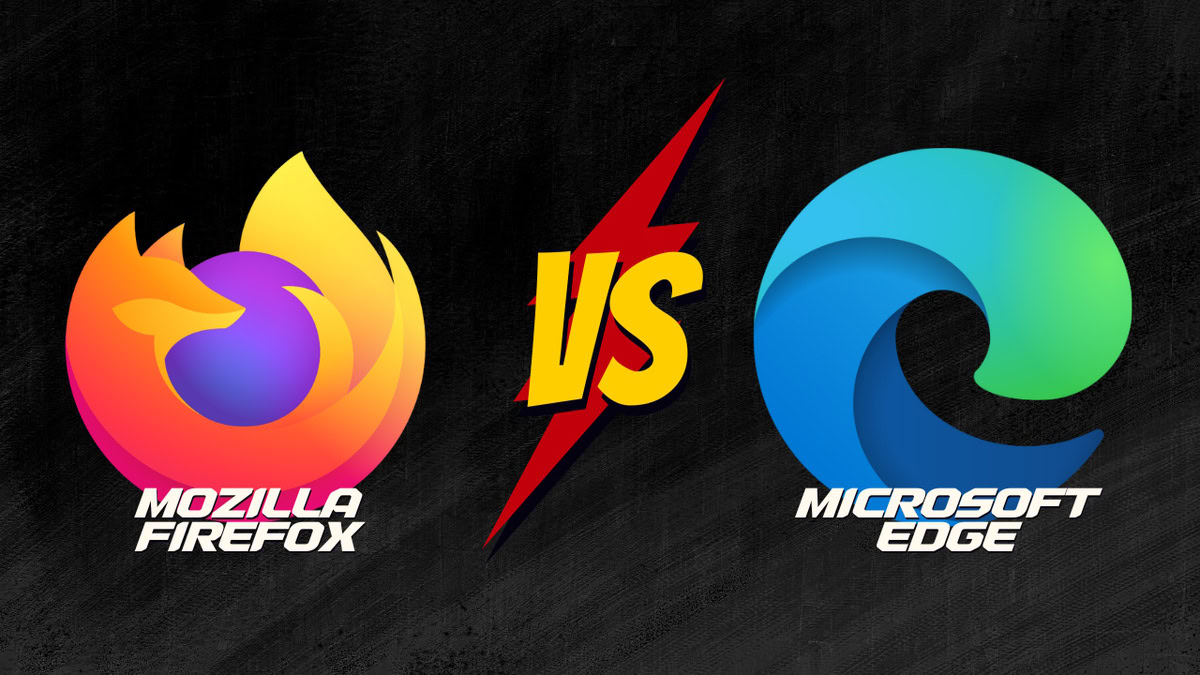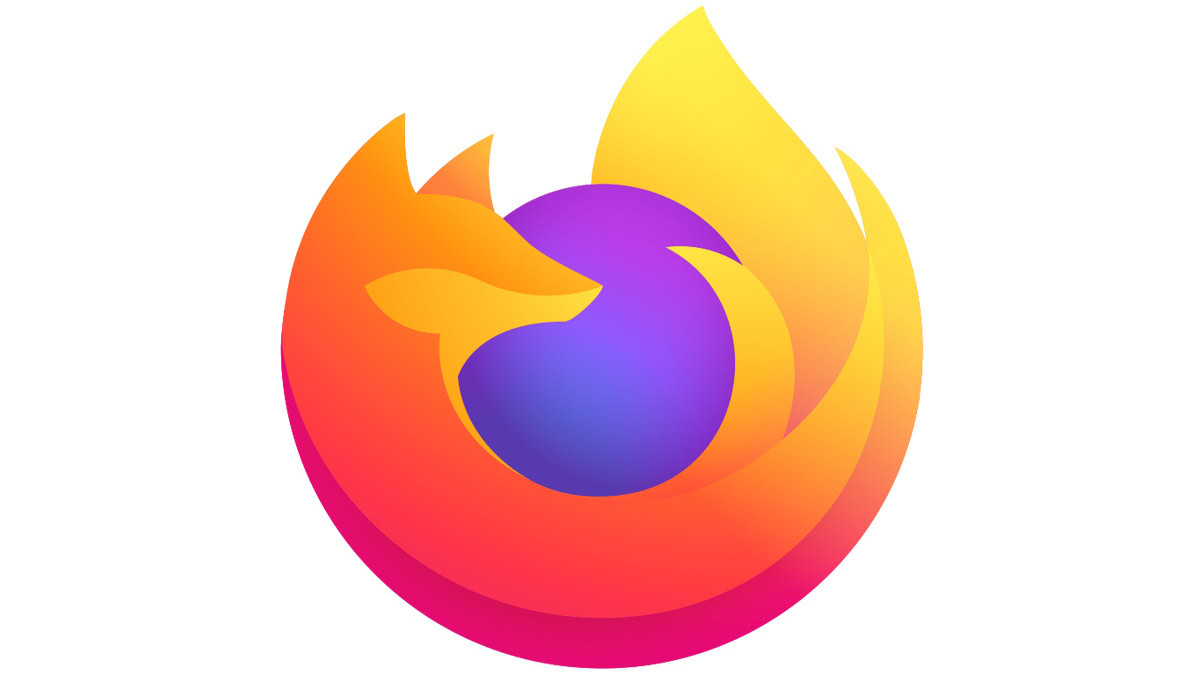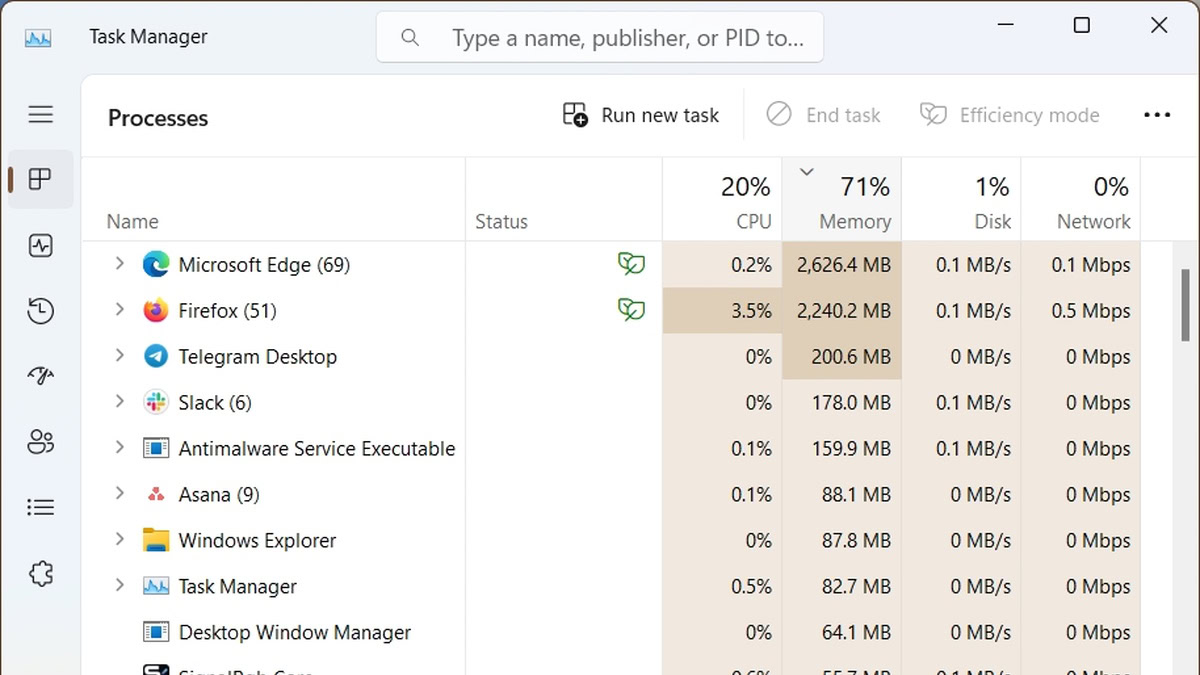Affiliate links on Android Authority may earn us a commission. Learn more.
Firefox vs Edge: Which browser is better between the two?
Published onApril 24, 2023

When talking about browsers, Google Chrome is the dominating browser. But if there are others who can challenge Chrome’s dominance, they are Firefox and Edge. Both browsers claim to offer better performance than Chrome, and both have their own guiding principles and resultant features. But if you had to choose only one of the two, which browser would you choose? Find out in this Firefox vs Edge browser comparison.
User interface
Both Firefox and Edge provide a UI familiar to most users surfing the web these days.
Firefox has a minimal look, with just the “Save to Pocket” button on the right and the Tab pickup button on the top left distracting you from an otherwise clean interface. On the other hand, Edge is a lot busier, with the right-hand sidebar proudly displaying a lot of additional features.
While Firefox has the Tab Pickup function when you click on the logo in the top-left corner, Edge lets you turn out vertical tabs with the icon there. Vertical tabs and the sidebar give Edge a very busy look.
On Android, Firefox has a better onboarding experience, as it prompts you to customize various aspects of the browser right off the bat. You can change settings like your theme, toolbar placement, and default privacy protection.
Edge on Android does not have a rich onboarding experience, but the usual user interface is well-balanced. The browser spreads its UX elements on the top and the bottom, letting you have an easier time reaching all corners with just your thumb. The new tab page remains busy on Android, but it’s less of an eyesore than it is on the desktop. The default experience will work well for most users.
The user experience on Firefox is better than it is on Edge.
I like Firefox’s user interface and experience more than Edge’s, as it is cleaner and gives you the option to change things around.
Firefox vs Edge: Features
Both Firefox and Edge are very capable browsers with a slew of features to appeal to their audiences.
Common features
Here are some common features across both Firefox and Edge:
- Unified search and address bar: The address bar doubles up as a search input.
- Tracker blocking: Both browsers prevent ad trackers from tracking your internet browsing habits and stop them from profiling you. They also block crypto miners. Overall, both browsers have a good privacy and security record.
- Device Sync: Both Firefox and Edge support device syncing by signing into a Firefox and Microsoft account, respectively.
- Homepage news and curated content: Firefox makes use of Pocket as a reading curator, while Edge offers a content feed that provides news, weather, stock alerts, and sneaky ads too.
- Save content for later: Firefox makes use of Pocket for the same, while Edge has a feature called Collections for it.
- Search: Firefox defaults to Google Search, while Edge defaults to Bing with ChatGPT integrated. On both browsers, you can change the default to another search engine.
- Extensions:
- Firefox supports its own extensions but not Chrome extensions.
- Edge supports Chrome extensions but not Firefox extensions.
- Extension developers can choose to build cross-browser extensions.
- Themes: Both browsers support themes. Edge supports Chrome themes, while Firefox supports its own themes.
- Password management: Firefox includes a local password autofill that can be secured with a master password. Edge goes one step further and includes a more comprehensive password manager that can suggest strong passwords. Edge also has Microsoft Authenticator support, which allows Edge to sync your passwords, autofill them on phones, and also make use of two-factor authentication.
- Profiles: Both browsers support user profiles.
- In-browser screenshot tool: Both browsers include their own screenshot tools.
- Picture-in-picture: Both browsers allow you to have videos pop out of their page and continue playing in a floating window while you browse other web pages.
- Address bar search filtering: Both browsers let you filter your address bar search to history, favorites, or tabs, letting you perform a more precise look-through.
Features that Firefox has, but Edge does not

There are some features that Firefox includes, but Edge does not include:
- Split search and address bar: Do you want to split your address bar from your search bar? Firefox lets you do that.
- Search shortcuts: You can quickly search with an alternative search engine with search shortcuts.
- Address bar instant queries: You can do instant calculations, conversions, and translations in the Firefox address bar.
- Scrolling tabs: When you have too many tabs open, Firefox lets you scroll through them horizontally instead of shrinking them down into small favicons.
- Open source: Firefox is open-source, so you can freely check the code behind the browser. Edge is closed-source and proprietary, even though it is based on the open-source Chromium browser.
Features that Edge has, but Firefox does not

There are some features that Edge includes, but Firefox does not include:
- Tab groups: Edge lets you group tabs into separate tab groups for better tab management.
- Vertical tabs: When you have too many tabs open, Edge shrinks them down into favicons, which are difficult to cycle through. You can switch to vertical tabs and have a dedicated pane for tab management. This feature is best suited for wider monitors.
- Sidebar: The sidebar on Edge houses a few tools and shortcuts like search, discover, tools like Calculator, games, Microsoft Office, and Outlook. You can even load up websites on the sidebar, though you can just as easily load them up in a new tab. The sidebar helps with ease of access.
- File sharing with Drop: Drop is present in the sidebar and allows Edge users to share notes, documents, and files across their devices. It makes use of OneDrive and the associated Microsoft account but makes it easy and seamless to “drop” files and share them across your other devices. All limitations from your OneDrive storage continue to apply as they do.
- Coupons and price comparisons: The sidebar on Edge includes a feature that can scan the internet for coupons that you can use during your purchases. It also offers proactive price comparisons with other retailers.
- ChatGPT: Edge is one of the ways you can use ChatGPT-powered Bing Chat. This isn’t an Edge feature as much as it is a Bing feature, but still, this exclusive access to AI search gives Edge a big edge over other competing browsers.
Firefox vs Edge: Performance
Benchmarks
Both Firefox and Edge are very fast browsers that return good scores in most benchmark apps.
| Benchmark Score | Firefox | Edge |
|---|---|---|
| Benchmark Score Speedometer 2.1 | Firefox 190 | Edge 252 |
| Benchmark Score Jetstream 2 | Firefox 134.400 | Edge 250.404 |
| Benchmark Score Kraken 1.1 | Firefox 692.5 | Edge 479.9 |
| Benchmark Score MotionMark 1.0 | Firefox 589.94 | Edge 658.98 |
| Benchmark Score WebXPRT 4 | Firefox 257 | Edge 259 |
As we’ve seen with most Chromium-based browsers, Edge performs very well in benchmarks, going ahead of Firefox in all benchmarks except the Mozilla Kraken benchmark. On some tests, the difference is minor. But overall, one can say that Edge scores and performs better than Firefox.
RAM usage
When it comes to Firefox vs Edge’s RAM usage, both browsers are surprisingly neck-and-neck against each other.

We opened twelve of the same tabs on both Firefox and Edge side-by-side, with new user profiles and no extensions or performance settings enabled or changed from the default. The difference in RAM usage between the two was just ~200MB, which is fairly surprising. Firefox is the more efficient browser of the two, but only by a small margin.
Firefox uses less RAM than Edge.
On lighter workloads, Firefox manages to extend its lead very strongly. We could get Firefox to hover at around 600-800MB, but Edge was almost double at 1400-1600MB for its RAM usage.
If RAM usage is your primary concern, Firefox has a good lead over Edge, and you should prefer Firefox.
Firefox vs Edge: Which browser should you choose?
Both Firefox and Edge are great browsers, and you wouldn’t be wrong in choosing one over the other. It is also fairly difficult to point to a browser as a general recommendation for most users, as both browsers have their strengths and weaknesses. I personally prefer Firefox over Edge, mainly because I am not a fan of Edge’s cluttered user experience. You can try Firefox and Edge both, and chances are, you’ll prefer Firefox too.
Both Firefox and Edge are great browsers that you can't go wrong with.
Edge does have some strong features that are very inviting to some users. If you are deeply entrenched within the Microsoft ecosystem, you stand to benefit a lot more with Edge and its deeper Microsoft integration. If you’re jumping onto the AI train and want to access the ChatGPT-powered Bing Chat, you will need to use Edge for it. The fact that Edge is based on Chromium and, as a result, shares themes and extensions with Chrome also gives it a few more brownie points over Firefox.
However, Firefox’s biggest strength is its no-nonsense approach. It is the better-performing browser and offers a lot of the same features, privacy, and security. If you are looking for a browser that isn’t owned by a big corporation with vested interests, then Firefox is the top recommendation.
If you liked this browser comparison, you’d also be interested in our Chrome vs Edge, Chrome vs Firefox, and Brave vs Firefox comparisons.
FAQs
Yes, both Firefox and Edge are better than Chrome in performance and RAM usage. Chrome does have a better distraction-free user experience though.
Technically, yes you can download Firefox on an Amazon Fire tablet. However, you will need to modify your Fire tablet’s software to download Firefox. We do not recommend the same to average users.
Firefox is owned by Mozilla Corporation, which itself is a subsidiary of the Mozilla Foundation.
No, Firefox is one of those rare browsers that is not based on Chromium. It uses Mozilla’s Quantum browser engine.
Yes, Firefox is an open-source browser.
As average users, you cannot easily uninstall the stable version of Microsoft Edge from Windows 10 and Windows 11. However, you can uninstall Edge using the command prompt.
Microsoft Edge started off with the same base as Internet Explorer. However, Microsoft did a complete revamp of Microsoft Edge and rebased it off Chromium, marking it as a completely new and different product from Internet Explorer.